
Culture
20:33, 02-Dec-2017
China seeks ways to protect forests amid economic growth
By Grace Shao
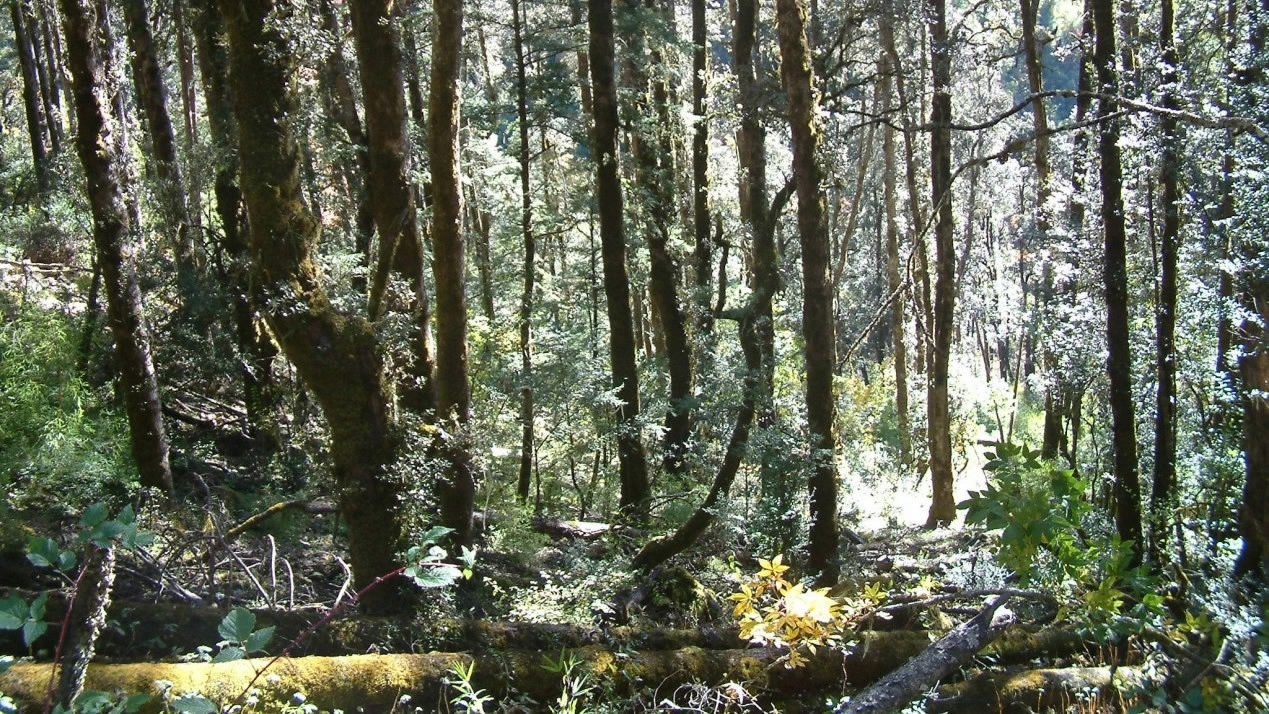
In the last four decades, China's economic growth has been astonishing. But with rapid growth comes a huge demand for natural resources like timber.
China's economic development and population growth in the 1950s drove a huge rise in the demand for wood and paper products, reducing forest coverage from half to 8.6 percent. More recently, China has been trying to reverse that process with 21 percent of its area now wooded, making its forest to overall land ratio among the top 10 countries in the world.
But even with such efforts, the supply is unable to keep up with the demand. Faced with this dilemma, the Chinese government has been importing most of the timber consumed in China to preserve and protect its forest areas.
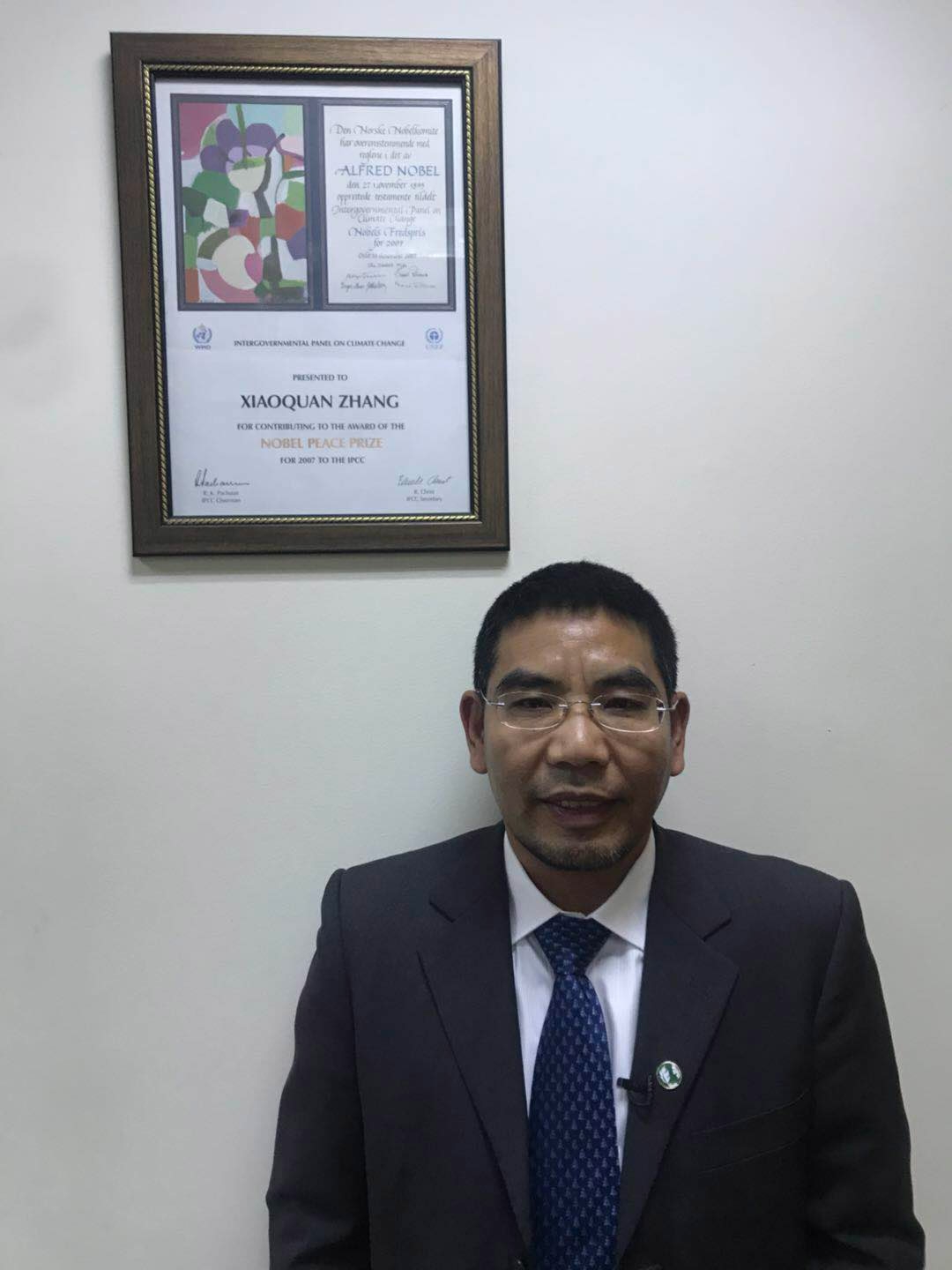
Zhang Xiaoquan, Chief Science Officer at the Nature Conservancy /CGTN Photo
Zhang Xiaoquan, Chief Science Officer at the Nature Conservancy /CGTN Photo
Zhang Xiaoquan, Chief Science Officer at the Nature Conservancy in Beijing, has been watching China's forest conservation efforts for more than two decades. "The Chinese government has made great efforts in forest conservation and forestation and forest protection," he said, adding that China's efforts in forest plantation in southern China has been exceptional. "It has increased to 8.7 million hectares, making it the largest plantation in the world."
Zhang Xiaoquan is one of the few thousands of scientists trying to understand the climate change better. He was the author of multiple articles in the 2007 Intergovernmental Panel on Climate Change report that was awarded the Nobel Peace Prize.
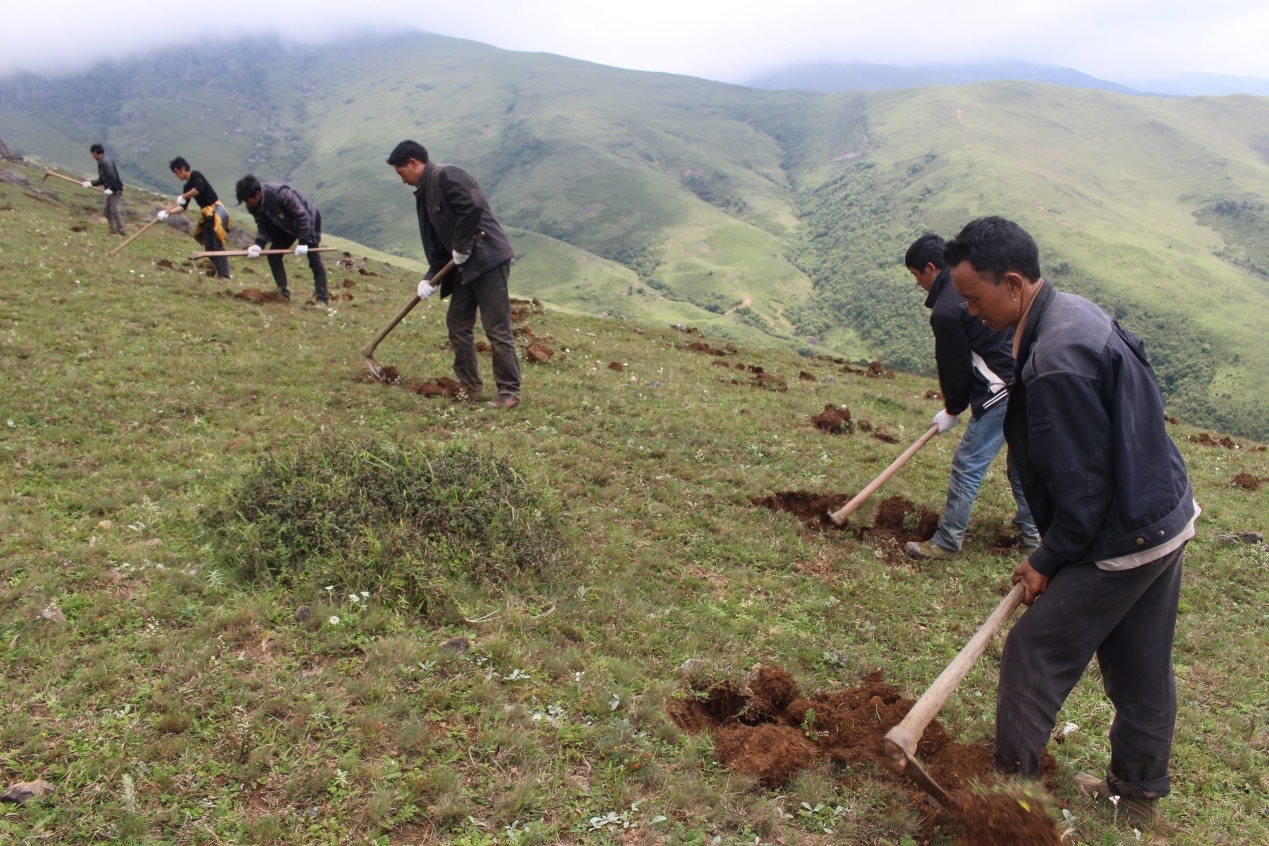
Courtesy of The Nature Conservancy
Courtesy of The Nature Conservancy
Zhang's commitment and dedication to climate issues are shown through his extensive experience in the sector. He says we must understand the importance of preserving forests because it not only promotes the growth of animals and vegetation in the area but also has a direct effect on our lives.
"Forests are also important for adaptation. Forests mitigate climate change impact such as strong hurricanes, drought and flooding as a result of extreme climates."
Action isn't only being taken on a national level. It's becoming a priority for many municipal level organizations, such as the Beijing Forest Society. Tree planting and raising awareness are some of the many responsibilities they hold.
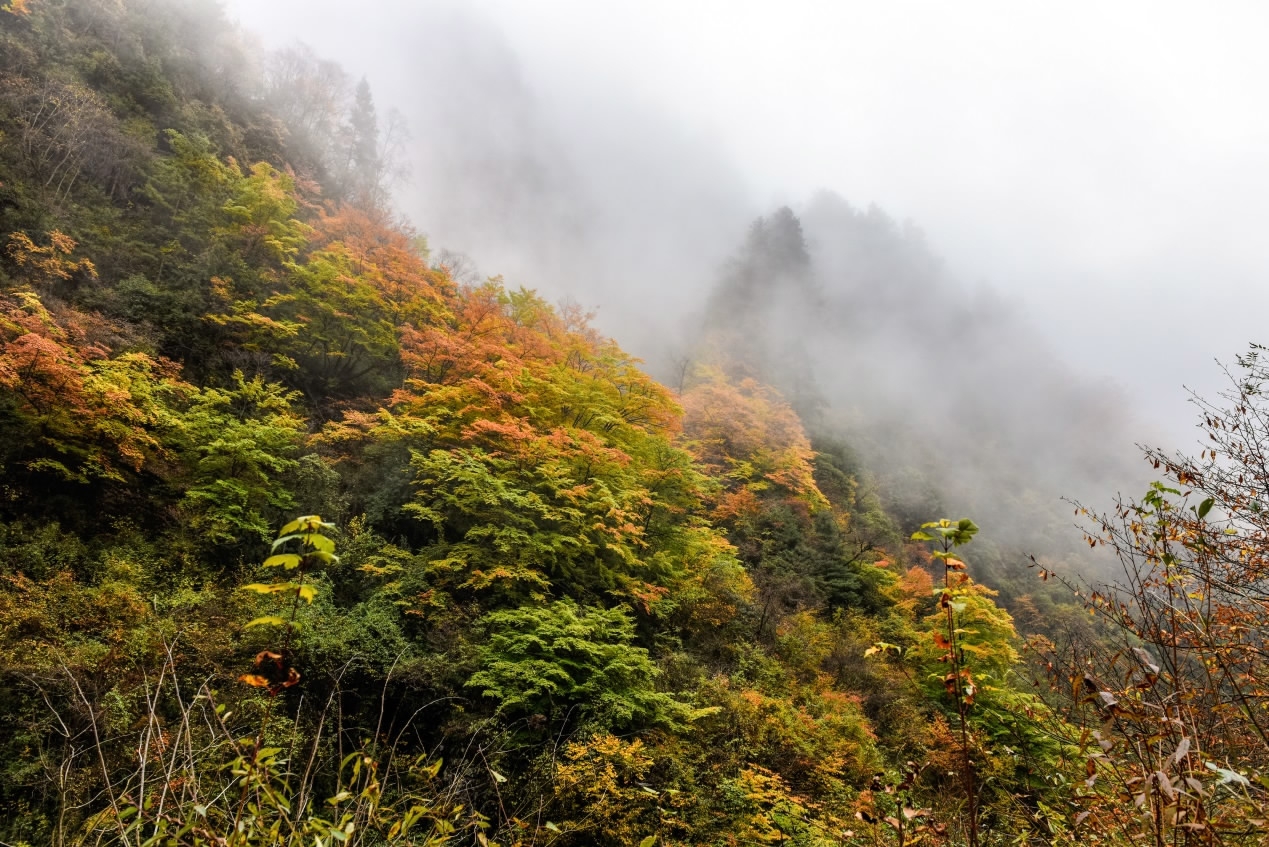
Courtesy of The Nature Conservancy
Courtesy of The Nature Conservancy
Wang Xiaoping, executive chairman of Beijing Forest Society, says plantation is often referred to as man-made forest, but this phenomenon is not only used in rural areas, it can be modernized to fit the growth of urbanization too.
"Urbanization also demands more green area. It supports the development of the urban areas. For example in Beijing, we have 23 million people permanently living here. We have already established 1,000 parks in Beijing. This means every citizen in Beijing has more than 16 square meters of green area."
A huge improvement compared to years ago.
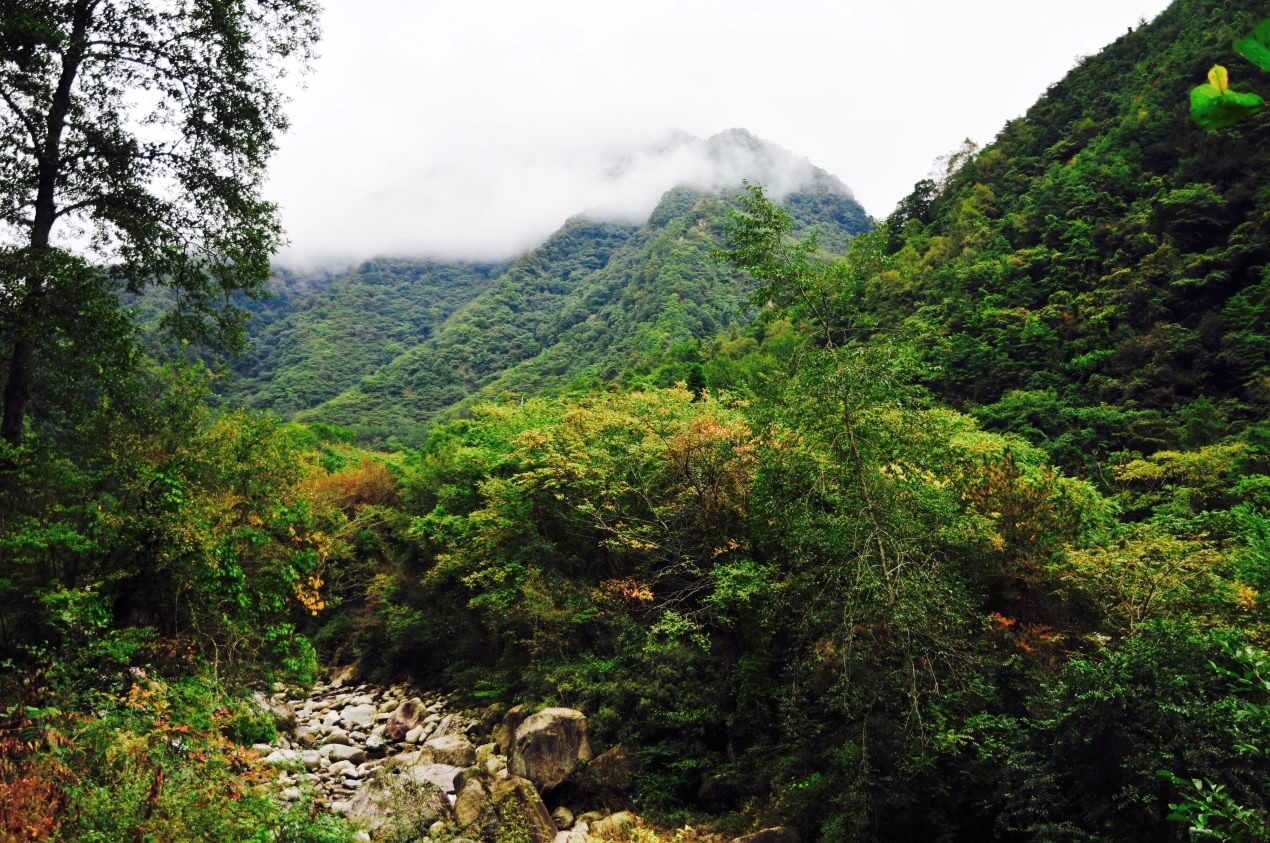
Courtesy of The Nature Conservancy
Courtesy of The Nature Conservancy
Wang Xiaoping says in addition to plantation, cutting down on deforestation and preservation methods, China is also finding ways to substitute wood products with industrial products to replace the heavy dependence on wood products in the process of economic growth.

SITEMAP
Copyright © 2018 CGTN. Beijing ICP prepared NO.16065310-3
Copyright © 2018 CGTN. Beijing ICP prepared NO.16065310-3